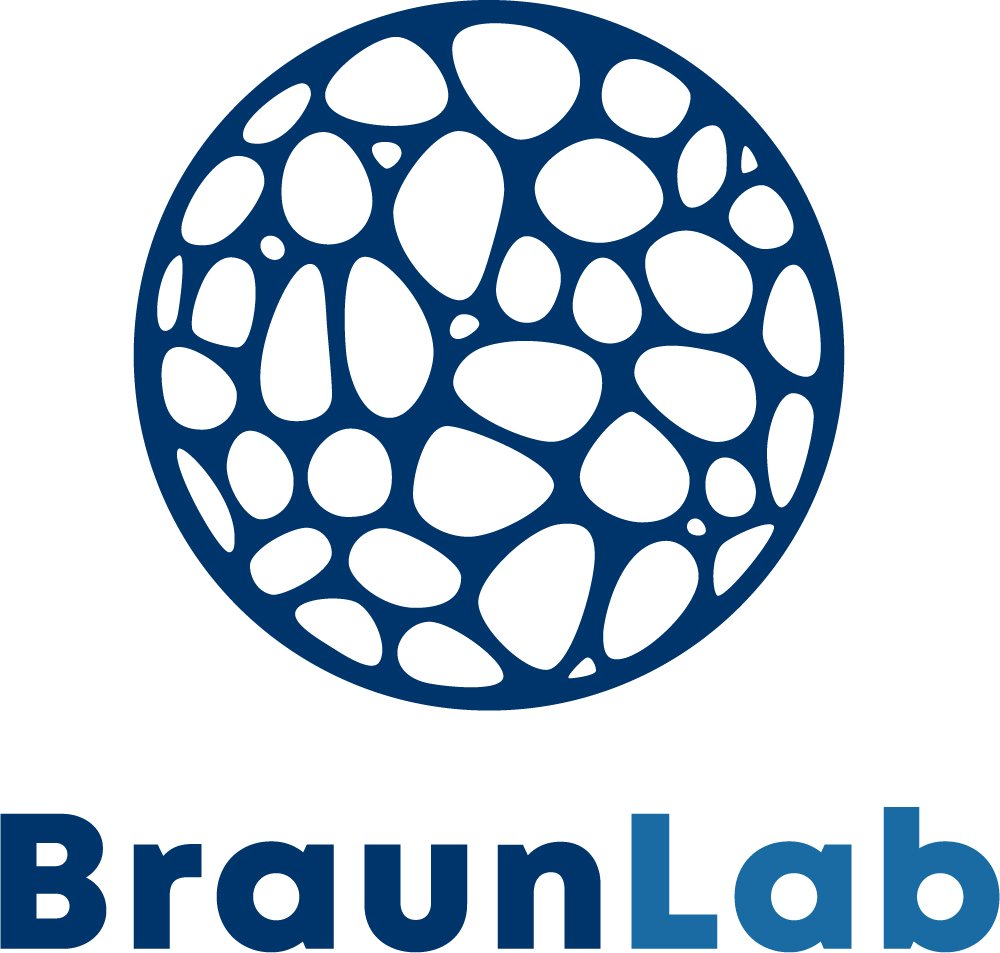Research Overview
How do somatic alterations impact response to immunotherapy?
We integrate genomic, transcriptomic, and immunopathologic analyses with demographic and clinical response data to dissect how tumor genetic features contribute to response or resistance to current immunotherapies, with a focus on immune checkpoint inhibitors (for example, see Braun et al, Nature Medicine, 2020 and Braun et al, JAMA Oncology, 2019)
How does the immune microenvironment impact anti-tumor immunity?
The tumor-immune microenvironment is comprised of heterogeneous cell types that may positively or negatively impact anti-tumor immune responses. Our prior work identified key immune cell populations and cellular interaction circuits that were enriched in advanced kidney cancer (see Braun et al, Cancer Cell, 2021). We now aim to utilize single-cell proteogenomic tools to systematically dissect this complex ecosystem and identify candidate immune cell populations and cellular states that impact response or resistance to immune checkpoint inhibitors. Further, we aim to construct patient-derived model systems to enable a mechanistic understanding of these potential determinants of anti-tumor immunity.
What are the target tumor antigens and what are the characteristics of T cells that recognize them?
The heart of antigen-specific anti-tumor immunity is the interaction between the T cell receptor (TCR) expressed on the surface of tumor-infiltrating T cells (TILs) and the peptide-MHC complex, displayed on a tumor cell. However, in renal cell carcinoma (RCC) and many other cancer types, the important tumor antigens and the T cells that recognize them remain largely unknown. We aim to identify relevant tumor antigens that can ultimately enable innovative “precision” approaches to cancer immunotherapies (for example, see our personalized neoantigen vaccine in RCC, NCT02950766, Co-PIs: Braun, Choueiri, Ott)





